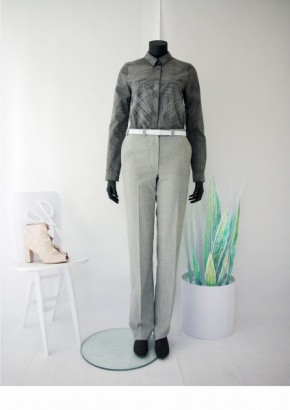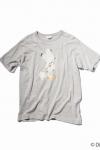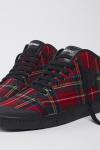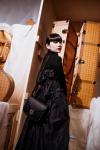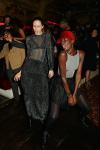“I hope fashion regains its initial pace, and showing respect for the metier”
-Did you imagine that you could win the Hyeres? How was the other designers work in Hyeres Fashion Festivel?
I never could have imagined that I would win. All of the other designers work was really strong and they were all really good in what they do. Also all of the collections are completely different, so I think it must have been a hard time to decide between the designers.
-Can you explain the collection you presented in Hyeres?
The collection I presented at Hyères came to life after 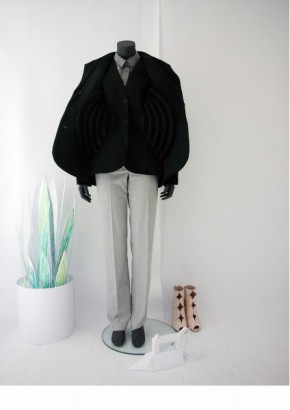 seeing the work of german artist Thomas Demand.
seeing the work of german artist Thomas Demand.
He recreates objects out of everyday life into paper (like kitchens, empty offices, bathrooms, elevators) and then photographs them.
As a viewer you see the picture and realise something is off, but only after close inspection you realize it’s fake. It’s not a vacuum cleaner you’re looking at, it is a recreation of a vacuum cleaner. He really plays with your interpretation of reality. And I like the fact that paper is used in this case, as a strong medium to lay bare the artificiality of everyday life.
Also, as a designer you’re confronted with paper all the time, you use it to note down your ideas, you sketch on it, you draw on it, you make and cut your patterns out of it.
Then I started thinking how I could translate and push the idea of paper into the garments.
I tried treating the fabric as if it would be paper, by manually pleating, cutting, folding the fabric and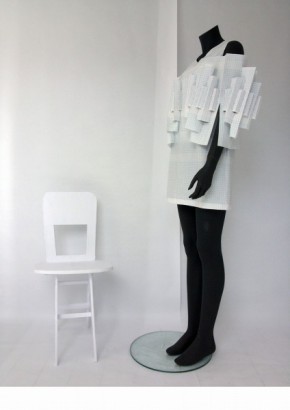 drawing on it.
drawing on it.
I applied folding techniques found in Japanese origamic architecture to the garments, that way unusual shapes emerged, without ever having had the intention to create sculptural pieces.
Also paper allowed me to do all kinds of prints, like blots of ink on blotting paper, the crude first strokes in children’s drawings, and the blue lines of notebooks.
In short, my collection is about paper as a medium.
By introducing impurities, and by making classical pieces like blazers, parkas, trousers, shirts, dresses, slightly off, I tried again to hint at the idea of representation and artificiality.
-How did you get into fashion in the first place? -What made you want to become designer?
I always have liked clothes, and also was always a very fickle person. I like the fact that as a fashion designer, 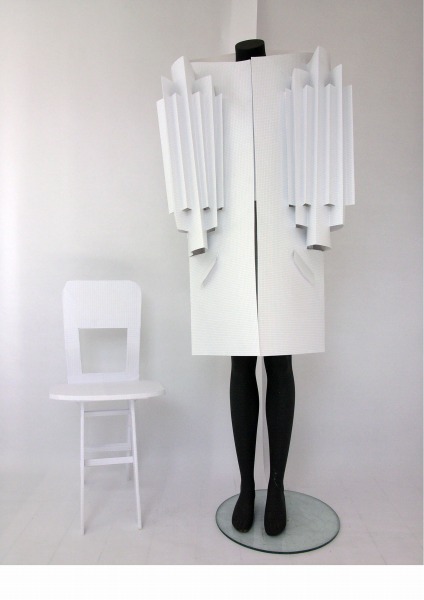 you can combine all differents sorts of things into one job; chosing colours, making prints, deciding on fabrics, making technical drawings, sketch, sew, make patterns, think of a good way to present the collection,…
you can combine all differents sorts of things into one job; chosing colours, making prints, deciding on fabrics, making technical drawings, sketch, sew, make patterns, think of a good way to present the collection,…
It is a very multi faceted job/ bussiness, which keeps things interesting.
-What have you learnt and influenced in Royal Academy? Why did you choose Royal Academy?
I chose the Academy, simply because I heard about it a lot, it had a good reputation, and I lived and come from Antwerp.
The thing I learned was just to be me, not to pretend to be someone I’m not, and try to be good at things I am not good at. You really are confronted with all of your strengths and weaknesses there, and learn how to deal with them.
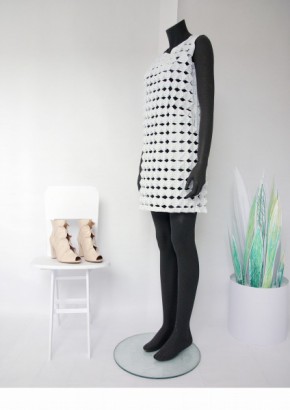
-What does Antwerp mean to you and what sort of influence has it had on your creations?
Antwerp means coming home. It is not that I necessarily get inspired by the city, but I like the fact that I can just disappear here. It can be really quiet here. Which is something I missed while being in New York for example.
I also think the fact that I have all of my friends and family here (who all study different things), helps me stay focused. I don’t really mingle to much with the “fashion scene”, and try to do my own thing.
-What are the source of inspiration in your fashion and graphic design?
In general there are a lot of things I find to be inspiring (in all different fields, it doesn’t necessarily need to be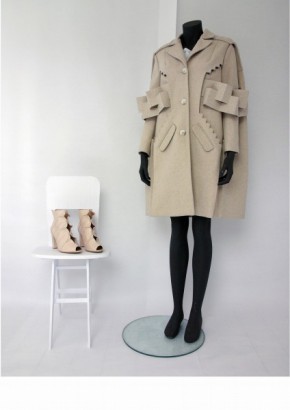 fashion, it can be also art, design, even crafts, science, literature,…)
fashion, it can be also art, design, even crafts, science, literature,…)
Love, friendships, artists, books,…they all do the trick for me.
Thomas Demand, Clyfford Still, Agnes Martin, Sol lewitt, Donald Judd, Dan Flavin, Fassbinder, Wes Anderson, Richard Serra, Michael Heizer,…
-What are the most important factors when you approach your work?
Concept and technique/use of materials. I also think form and function are of vital concern.
-How do you describe characteristic of your style which makes it difference from others?
I think it is different in a way that I usually use quite cold concepts to start working with, I never go into my own 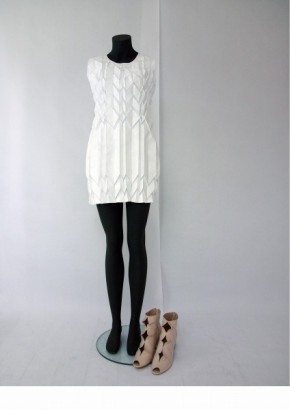 emotional baggage to get inspired by, I’d rather forget about it and get lost in my work.
emotional baggage to get inspired by, I’d rather forget about it and get lost in my work.
-Is there any designers or person that had a strong influence of your work?
Not really. Even though it is my job to follow what is happening in fashion, I try to stay away from magazines and fashion blogs while thinking out a concept or designing. I think that is the only way to create your own world while designing.
But I look up to Dries Van Noten, who really stays true to himself while designing than rather to get lost in the fashion circus. He designs for the beauty of garments, and that is what I think makes his designs and aesthetic so timeless.
I also look up to Sandra Backlund, who is able to translate her more experimental garments and make them into commercial pieces, without losing the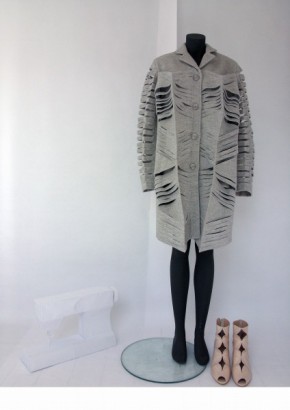 essence of her work. That is truly inspirational to me.
essence of her work. That is truly inspirational to me.
-What are the difficulties faced being a designer today?
I just think there are so many designers nowadays, who just start a label, without really thinking what they would contribute to the fashion world. There really is abundance on all fields, on brands, on garments, on seasons that I don’t think is necessary. And that way I think it becomes even more difficult to get noticed as a young designer. Also of course, the economic situation isn’t really a stimulating time to set up something on your own.
-Do you view fashion design as a means of expressing yourself?
Definitely. It is the only way to completely get into your 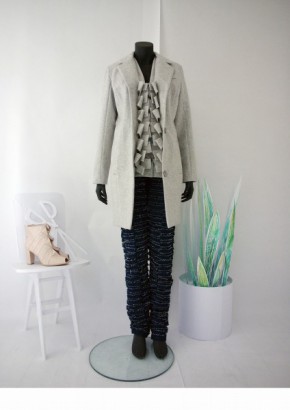 own, and just do what you love to do. Create something new.
own, and just do what you love to do. Create something new.
That’s also the thing that made me want to become a designer because as a designer, you have to reach things not initially attainable, be creative and find solutions, without having a clear idea of the possible outcome.
-What is your vision for the future?
I think for me, I will definitely take a step back, and re-evaluate my next steps from there. I only want to start up something on my own, if I’m sure I can contribute to fashion.
I hope fashion regains its initial pace, and becomes a bit slower again, showing respect for the metier, and for the garment, rather than just consuming all the time

